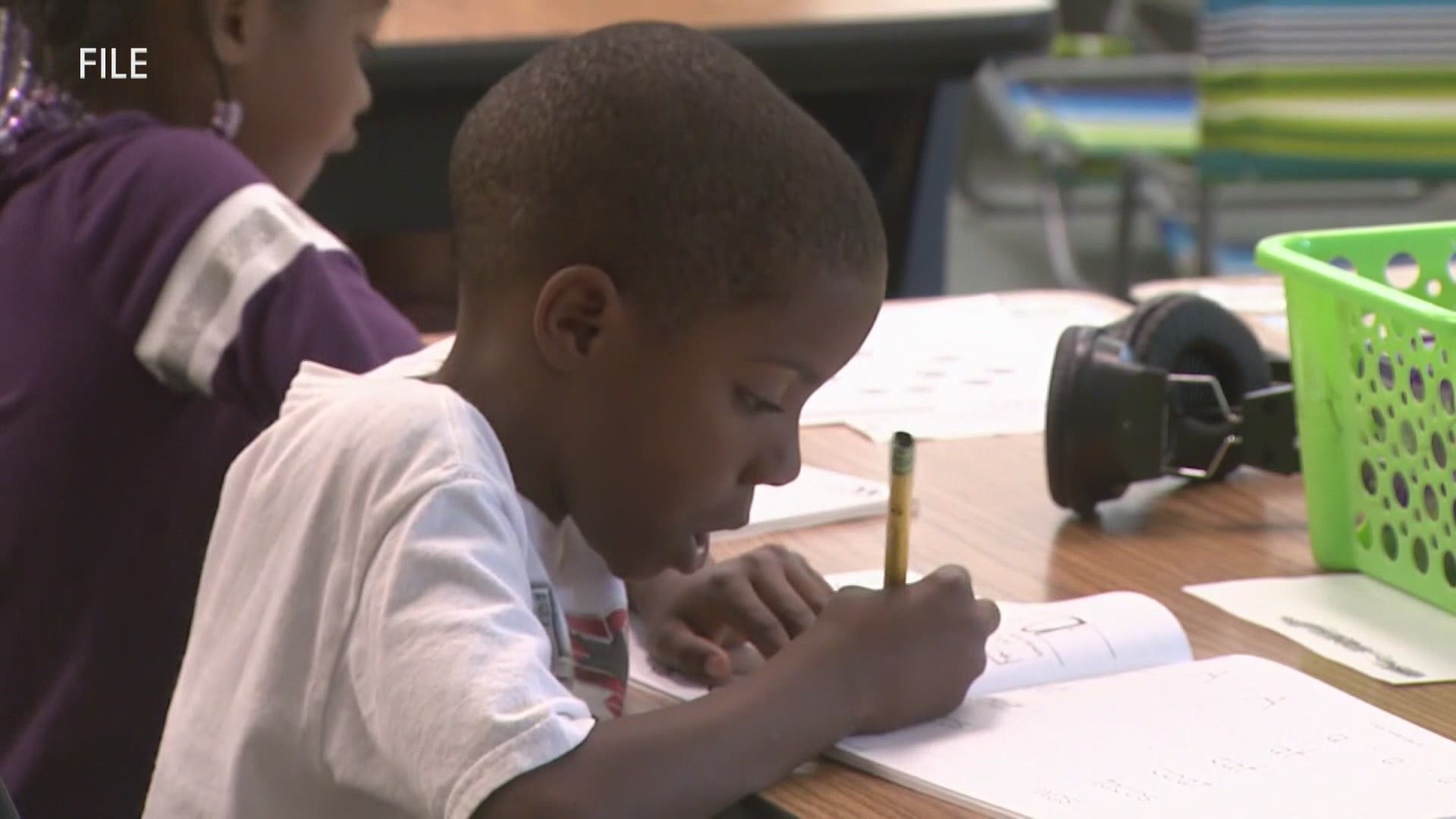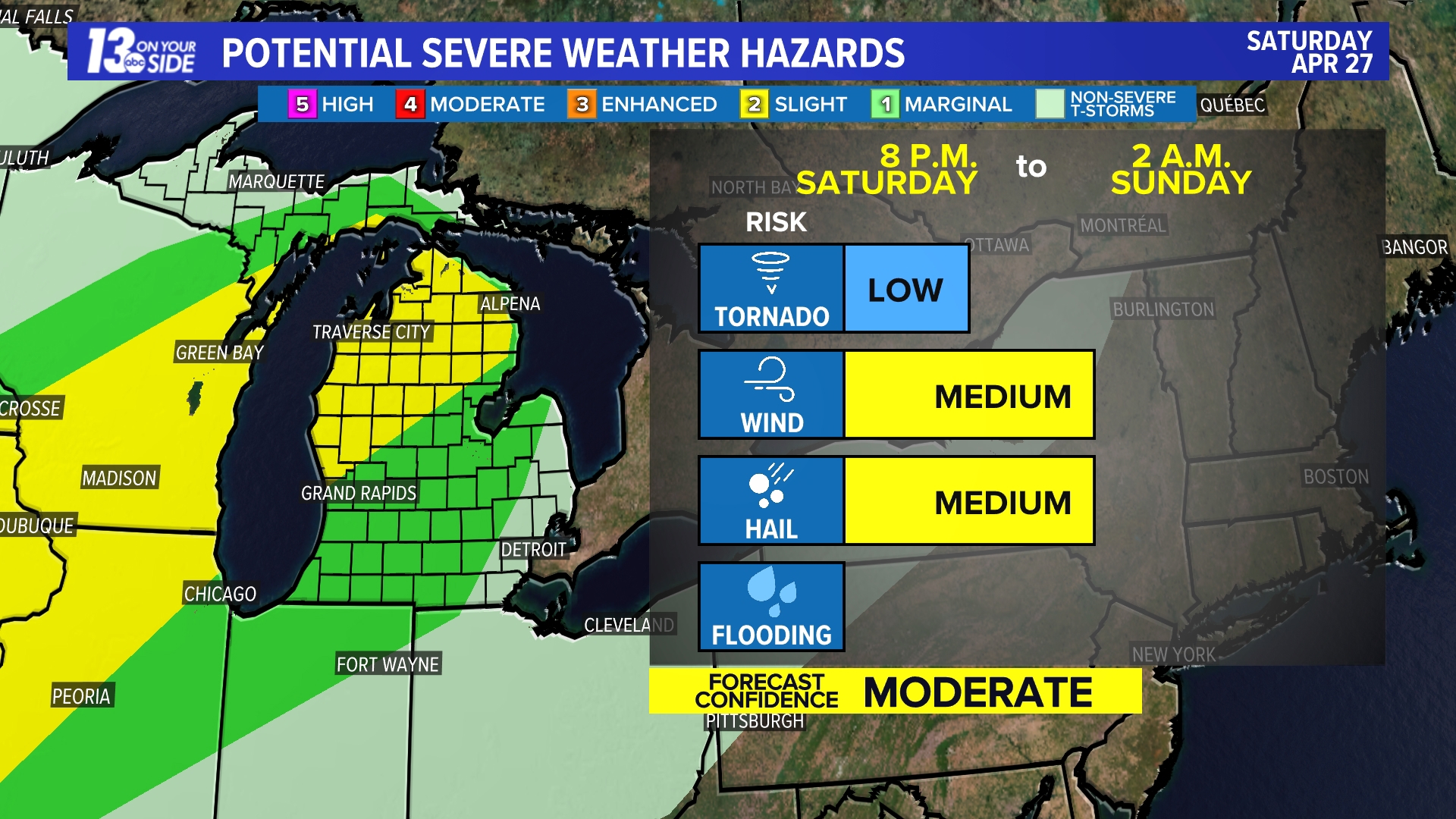LANSING, Mich — Michigan is expanding eligibility for food assistance benefits so that college students struggling financially during the pandemic can get help buying food and stay in school. Gov. Gretchen Whitmer made the announcement Wednesday in partnership with the Michigan Department of Health and Human Services (MDHHS).
The expansion goes into effect on Thursday, April 1, and benefits could be as much as $234 per month for college students who buy and prepare their food alone.
“College students should not have to choose between furthering their education and putting food on the table – especially during a pandemic,” Whitmer said. “I am pleased that we are able to work with the Biden administration to help college students in Michigan who are working hard to pursue their dreams.”
Under a temporary change approved by the federal government, college students may be eligible for Supplemental Nutrition Assistance Program (SNAP) benefits if their families are estimated to be unable to contribute to their college costs or if their college or university considers them eligible for a federal or state work study program – regardless of whether they are enrolled in such a program. This could make approximately 200,000 more Michigan college students eligible.
Students are considered to have no family contribution to their college expenses if they have an estimated family contribution of $0 on their federal student aid determination through the Free Application for Federal Student Aid (FAFSA). Students also must attend college at least half-time and meet income and other requirements for food assistance. Prior to the change, college students would not be eligible for food assistance unless they were working 20 hours a week or meet certain exemptions.
Expanded eligibility will last until 30 days after the expiration of the federal public health emergency for the COVID-19 pandemic.
Eligible students will receive Bridge Cards, which are Electronic Benefit Transfer (EBT) cards that are similar to debit cards and can be used to buy food at stores, farmers markets and online from Amazon, Walmart and Aldi. A list of participating retailers is available on the retailer locator website.
To be eligible, students must have filed a FAFSA and have documentation of an estimated family contribution of $0 on their federal student aid determination or eligibility for work study.
College students and others can determine if they are eligible and apply for food assistance at www.michigan.gov/MiBridges.
“Many Michigan college students lost their jobs due to no fault of their own as a result of the pandemic,” said MDHHS Director Elizabeth Hertel. “Expanding access to food and making it easier for our residents who are in need to apply for help are priorities of the department.
"Even before the pandemic, many students struggled to afford enough food while paying for college. These new changes will help students complete their education and reduce their food insecurity.
Related video:
►Make it easy to keep up to date with more stories like this. Download the 13 ON YOUR SIDE app now.
Have a news tip? Email news@13onyourside.com, visit our Facebook page or Twitter. Subscribe to our YouTube channel.




